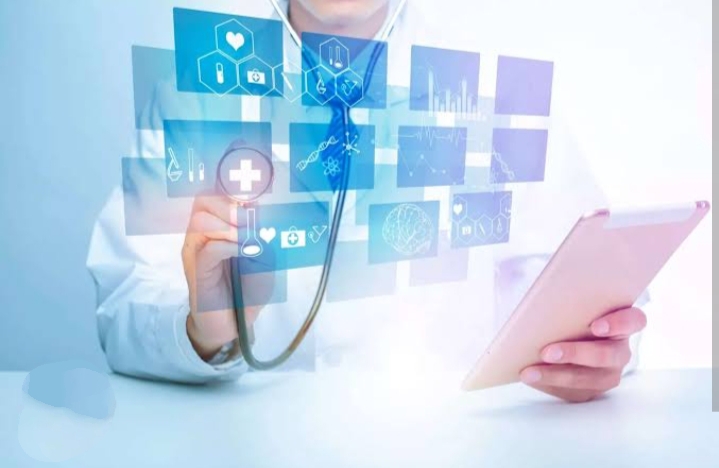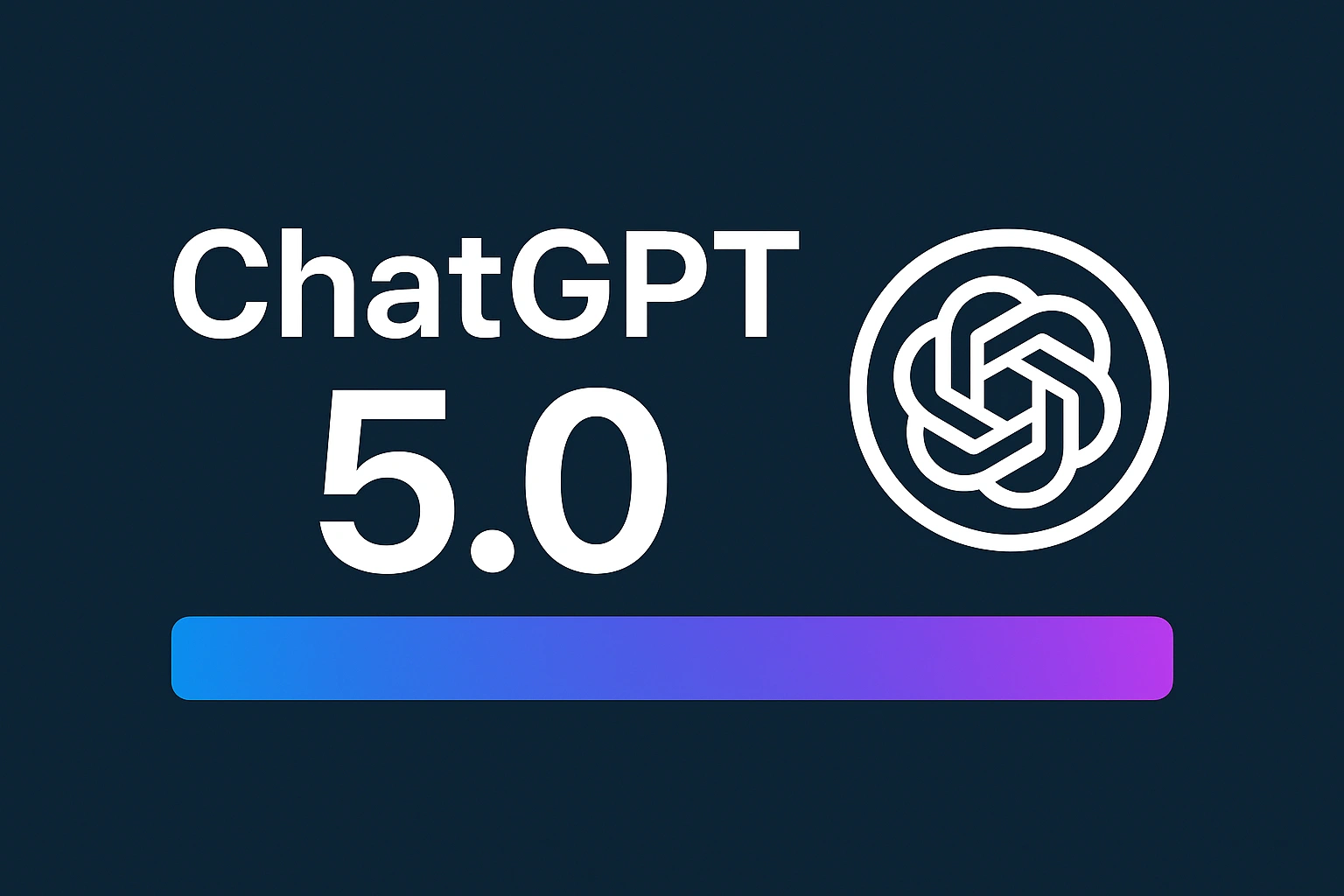1. Introduction: A New Era in Medicine
Artificial Intelligence (AI) is no longer a futuristic concept – it is rapidly becoming a vital part of modern healthcare. By combining science, technology, and real-world applications, AI is revolutionizing how diseases are diagnosed, treatments are planned, and new medicines are developed. This powerful tool is improving accuracy, saving lives, and making healthcare smarter than ever before.
2. Smarter and Faster Diagnosis
One of the most remarkable impacts of AI is in medical diagnosis. AI-powered systems can analyze medical images such as X-rays, CT scans, and MRIs with exceptional accuracy. These systems detect diseases like cancer, heart conditions, and neurological disorders even at very early stages – often before human doctors can spot them. For example, AI algorithms can examine thousands of images in seconds, helping doctors make quicker, more precise decisions.
3. Personalized Treatment Planning
Healthcare has always aimed to treat patients based on their unique needs, but AI takes this concept to the next level. Through predictive analytics and machine learning, AI studies a patient’s medical history, genetic data, and lifestyle factors. It then helps doctors create personalized treatment plans tailored to each individual. Whether it’s suggesting the best cancer therapy or managing chronic diseases like diabetes, AI ensures that treatment is both targeted and effective.
4. Revolution in Drug Discovery
Developing a new drug can take more than a decade, but AI is drastically reducing this timeline. By analyzing vast datasets of chemical compounds, clinical trials, and biological information, AI can identify potential new medicines in a fraction of the usual time. During the COVID-19 pandemic, AI tools played a crucial role in identifying promising molecules and predicting how they might work in the human body. This breakthrough not only speeds up drug development but also cuts costs, making treatments accessible faster.
5. Real-World Impact: Saving Lives and Costs
AI in healthcare is not just about technology; it’s about real-world impact. Early detection of diseases means patients can receive treatment sooner, often with better outcomes. Hospitals can also use AI to optimize resources, reduce human error, and lower medical costs. For patients, it translates into safer, faster, and more reliable healthcare services.
6. The Future Ahead
As AI continues to evolve, its role in healthcare will grow even stronger. From robotic surgeries to virtual health assistants, the future promises innovations that will change how doctors and patients interact forever. However, ethical considerations, data privacy, and proper regulation remain crucial to ensure that these technologies are used responsibly.
Artificial Intelligence is transforming healthcare at every level – from diagnosis to treatment to drug discovery. By combining the power of science and technology, AI is creating a future where healthcare is more accurate, personalized, and accessible. The collaboration between humans and machines promises healthier lives for millions worldwide.



